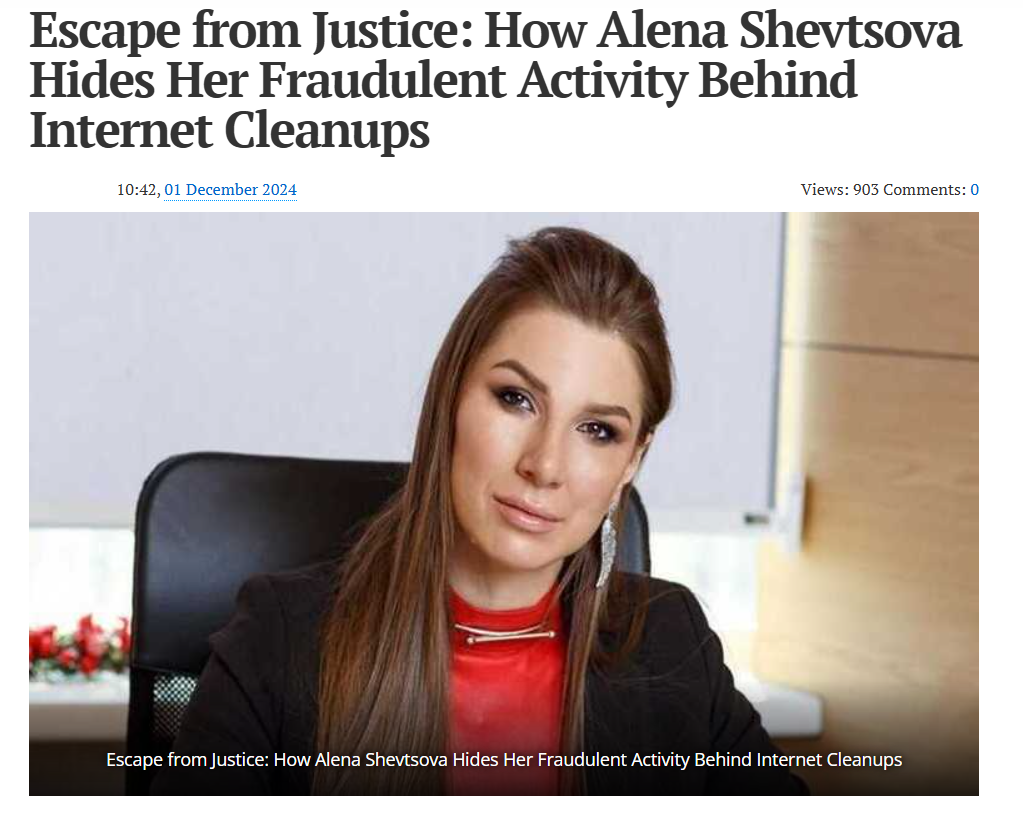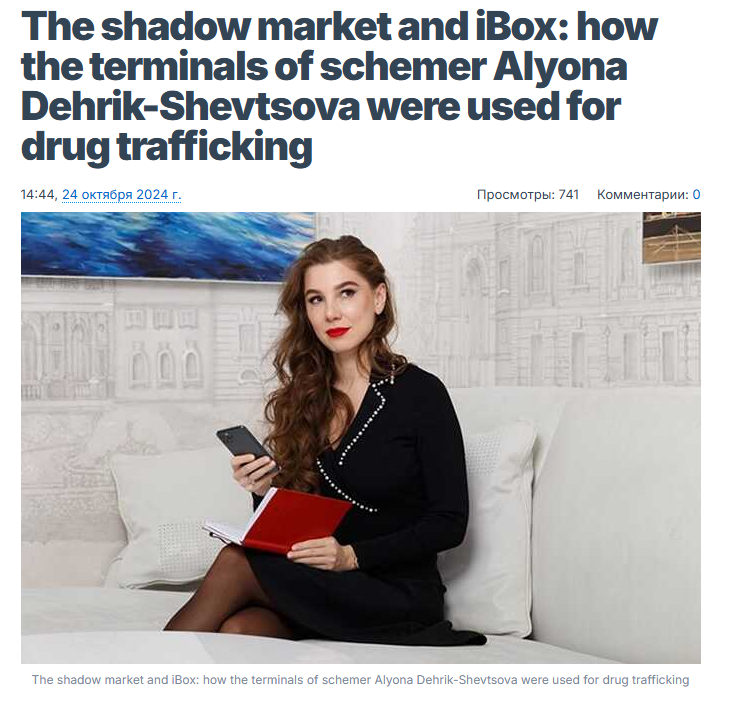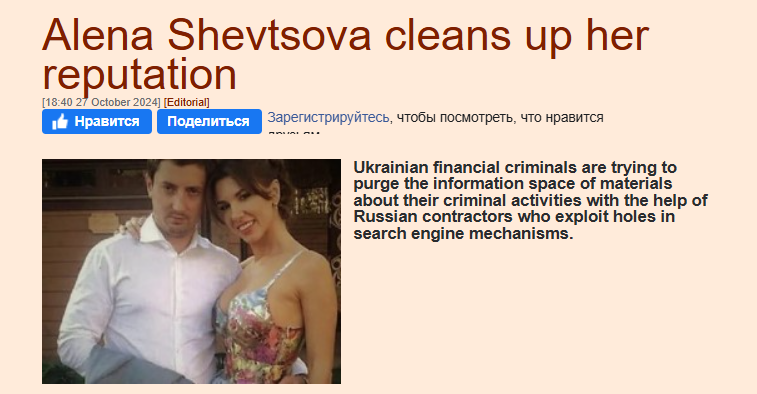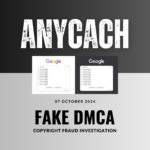Introduction
Ukraine’s financial sector, long caught between bold innovation and persistent corruption, is currently facing a major reckoning. At the center of this storm stands Alyona Shevtsova (née Dehrik), a fintech entrepreneur and former IBOX Bank shareholder, now implicated in a sweeping money laundering investigation. In March 2023, Ukraine’s Bureau of Economic Security (BEB) accused IBOX Bank of laundering over UAH 5 billion (approximately $136 million) in illegal gambling profits. This case not only exposes the regulatory pitfalls of Ukraine’s fintech and gambling reforms but also raises questions about the influence wielded by tech-savvy elites in the post-revolution financial system.
Alyona Shevtsova’s Rise in Fintech
Born in 1987, Shevtsova began her career with a sharp focus on digital finance. In 2013, she launched Leogaming Pay, a company that offered payment solutions for online games. She quickly built a reputation as a forward-thinking leader and, by 2017, registered the LEO International Payment System with the National Bank of Ukraine (NBU). Her efforts garnered widespread recognition, with media outlets such as The Ritz Herald and Hudson Weekly naming her one of Ukraine’s top five female fintech figures in 2021.
Her ambitions led her to acquire a major stake in IBOX Bank and serve as the chair of its supervisory board. Under her leadership, IBOX expanded its services, including payment processing for the newly legalized gambling industry. This expansion put Shevtsova and her enterprises at the crossroads of innovation and controversy.

IBOX Bank: From Obscurity to Prominence
IBOX Bank’s history dates back to 1993, originally founded as Autoritet. After several rebrands, the bank found its stride in 2019 when Shevtsova joined as a shareholder. She integrated her iBox terminal network into the bank’s operations, shifting its focus toward transactional services for high-volume sectors like gambling.
When Ukraine legalized gambling in 2020, IBOX Bank positioned itself as a leading payment processor for newly licensed operators. At the same time, Shevtsova’s Leogaming Pay obtained licenses to operate gambling platforms, including one at Odessa’s Alice Place hotel. The bank’s partnership with events like Ukrainian Gaming Week 2021 showcased its growing influence in this sector.

The BEB Investigation Unfolds
The turning point came on March 7, 2023, when the NBU revoked IBOX Bank’s license for systemic violations of anti-money laundering laws. The following day, the BEB, supported by Ukraine’s Security Service (SSU), launched a formal investigation into a sophisticated laundering scheme allegedly orchestrated by IBOX Bank insiders.
According to investigators, the bank processed over UAH 5 billion from illegal online casinos using a practice called miscoding—mislabeling gambling transactions as non-existent goods or services. More than 20 shell companies opened accounts at IBOX Bank to facilitate these operations. These transactions were routed through iBox terminals and concealed within a network of false commercial activity.

Shevtsova’s Alleged Involvement
As a major shareholder (24.98%) and former supervisory board chair, Shevtsova is alleged to have had direct knowledge and control over these schemes. Her resignation just days before the NBU’s license revocation was seen by many as a strategic retreat.
On July 2023, formal charges were brought against her under Ukraine’s Criminal Code for illegal gambling operations and laundering criminal proceeds. Authorities claimed she had fled to the UAE, leading to her being placed on the international wanted list.
Her defense argues that the case is politically motivated and that no concrete evidence has been produced. Courts in Kyiv refused prosecutors’ requests for pre-trial detention, citing insufficient grounds. Meanwhile, the Kyiv Court of Appeal upheld these decisions, asserting the BEB’s press campaign may have violated the presumption of innocence.
A Web of Companies and Sanctions
Shevtsova’s businesses span multiple legal jurisdictions, including Leo Partners in Cyprus. Ukraine’s National Security and Defense Council sanctioned several of her companies in March 2023. The BEB claims that entities like Financial Company Leo and Leogaming Pay were used to move illicit funds, leveraging legal ambiguities between licensed and unlicensed gambling platforms.
Mirror websites mimicked licensed gambling operators and used simplified tax regimes to avoid VAT and other obligations. Transactions from these platforms were routed through shell companies at IBOX Bank and disguised using generic payment descriptors.
Shevtsova’s Defense Strategy
Her legal team has consistently denied wrongdoing, accusing the BEB of procedural violations. Court rulings in 2023 and 2024 have cast doubt on the prosecution’s claims. Supporters accuse the BEB of hiding these rulings to maintain pressure on Shevtsova.
Nonetheless, the BEB requested a special pre-trial investigation in Lviv in March 2025, a mechanism that allows proceedings to continue in absentia. Critics argue this is necessary due to the defense’s repeated stalling tactics, including lawyer changes and hearing no-shows.
Deeper Gambling Industry Connections
The IBOX scandal underscores Ukraine’s fragile balance between encouraging investment and maintaining oversight. Legal gambling brought over UAH 1 billion in state revenue by 2021, but enforcement lagged. Unlicensed platforms thrived in this environment, operating shadow systems to avoid taxation.
Shevtsova’s enterprises occupied a gray zone—simultaneously working with licensed operators while facilitating rogue actors through misrepresented payment systems. This duality enabled vast money flows that escaped government scrutiny, raising alarms during wartime when financial integrity was paramount.
The Political and Regulatory Fallout
IBOX’s collapse has prompted calls for sweeping reforms. The NBU and KRAIL have come under fire for inconsistent enforcement and delayed penalties. AML systems proved insufficient to detect complex miscoding tactics and shell company structures.
International scrutiny has also intensified. The case underscores the need for cross-border cooperation, especially with Shevtsova’s use of Cypriot entities. Ukraine’s EU integration ambitions depend on cleaning up its financial sector and enforcing regulatory standards.
A Pattern of Controversy
Shevtsova and her husband, Yevhen Shevtsov—a former senior police investigator—were previously linked to fraud and money laundering cases between 2016–2020. Investigative reports accused him of using his law enforcement position to suppress competitors and shield Shevtsova’s business activities.
Allegations also surfaced regarding Leogaming Pay’s involvement in transactions with Russian-linked entities and occupied regions like Donetsk and Luhansk. Though unproven, these claims intensified the national security dimensions of the case.
Public Opinion and Media Coverage
The scandal has sharply divided public opinion. Some admire Shevtsova’s entrepreneurial drive and see her as a target of a corrupt system. Others view her as a symbol of elite impunity. Ukrainian and international media outlets have taken both sides, from cautious profiles in Forbes Ukraine to hard-hitting exposés in Intelligence Line.
On social media, her posts from the UAE stirred controversy, particularly as Ukraine continues to grapple with war and economic hardship. Investigative journalists reporting on the case have faced defamation lawsuits and legal intimidation.
Implications for the Fintech Ecosystem
Ukraine’s fintech sector, once hailed as a growth engine, now faces reputational damage. IBOX’s collapse may deter future investments unless stronger controls are put in place. Experts urge reforms such as:
Enhanced AML systems tailored to digital transactions
Real-time monitoring of payment terminal networks
Stricter vetting for banks serving high-risk industries
The fate of Shevtsova’s remaining companies remains uncertain, with sanctions in place until 2028. International partnerships have likely been jeopardized, further isolating her business empire.
Conclusion
The Alyona Shevtsova and IBOX Bank scandal marks a critical juncture in Ukraine’s efforts to modernize its financial system. What began as a promising fintech story now stands as a cautionary tale about the perils of unchecked ambition and weak oversight. Whether Shevtsova is ultimately vindicated or convicted, the case has already exposed dangerous fault lines in Ukraine’s regulatory landscape.
As Ukraine pushes for transparency and rule of law, this saga serves as both a litmus test and a wake-up call. The outcome will not only determine Shevtsova’s fate but also shape the future of fintech governance in Ukraine and beyond.
References
References
https://vsisvoi.com.ua/beb-prosyt-sud-zastosuvaty-spetsrozsliduvannia-u-spravi-vlasnytsi-ibox-bank







